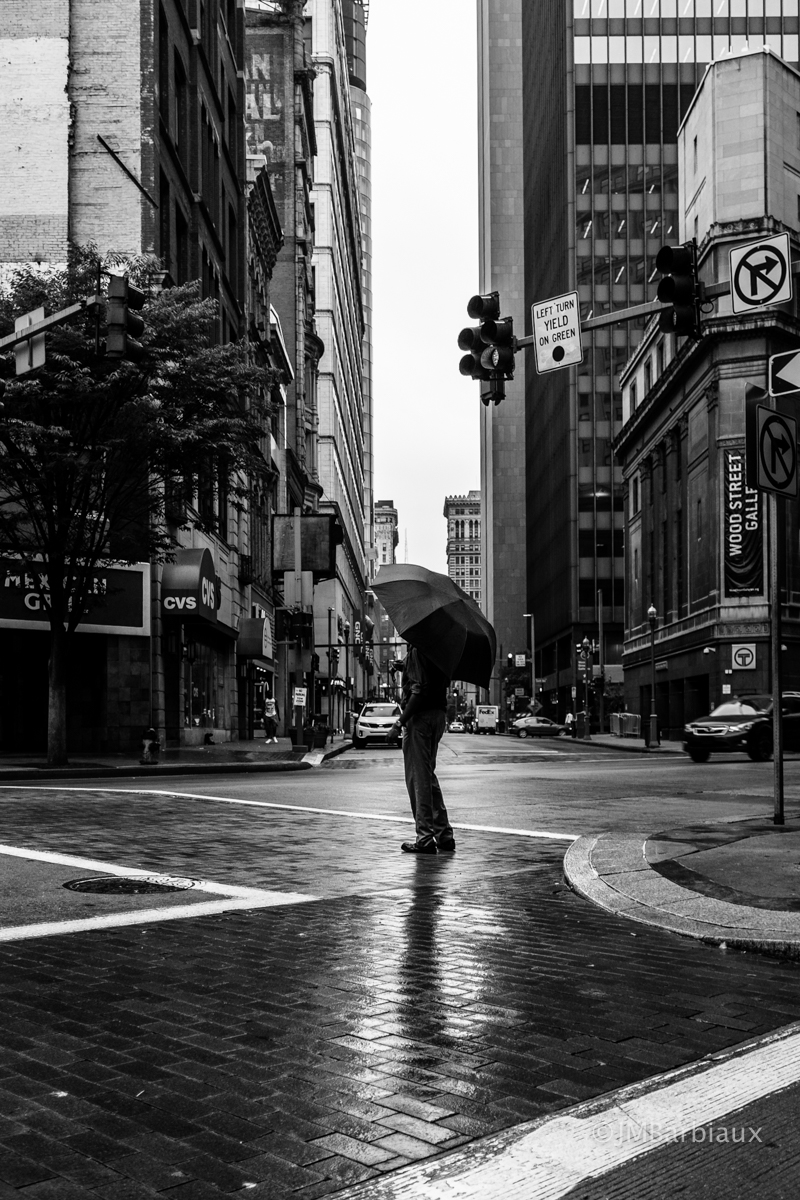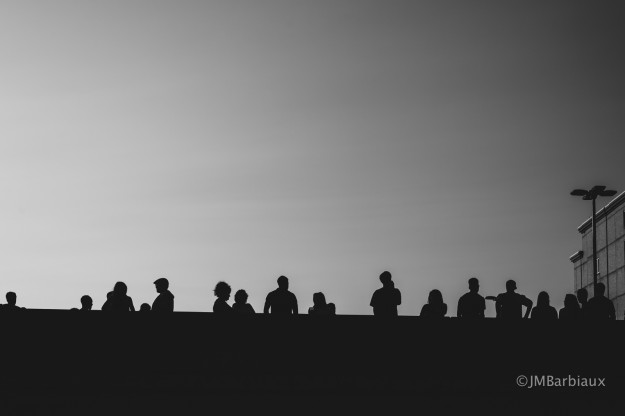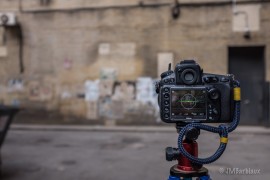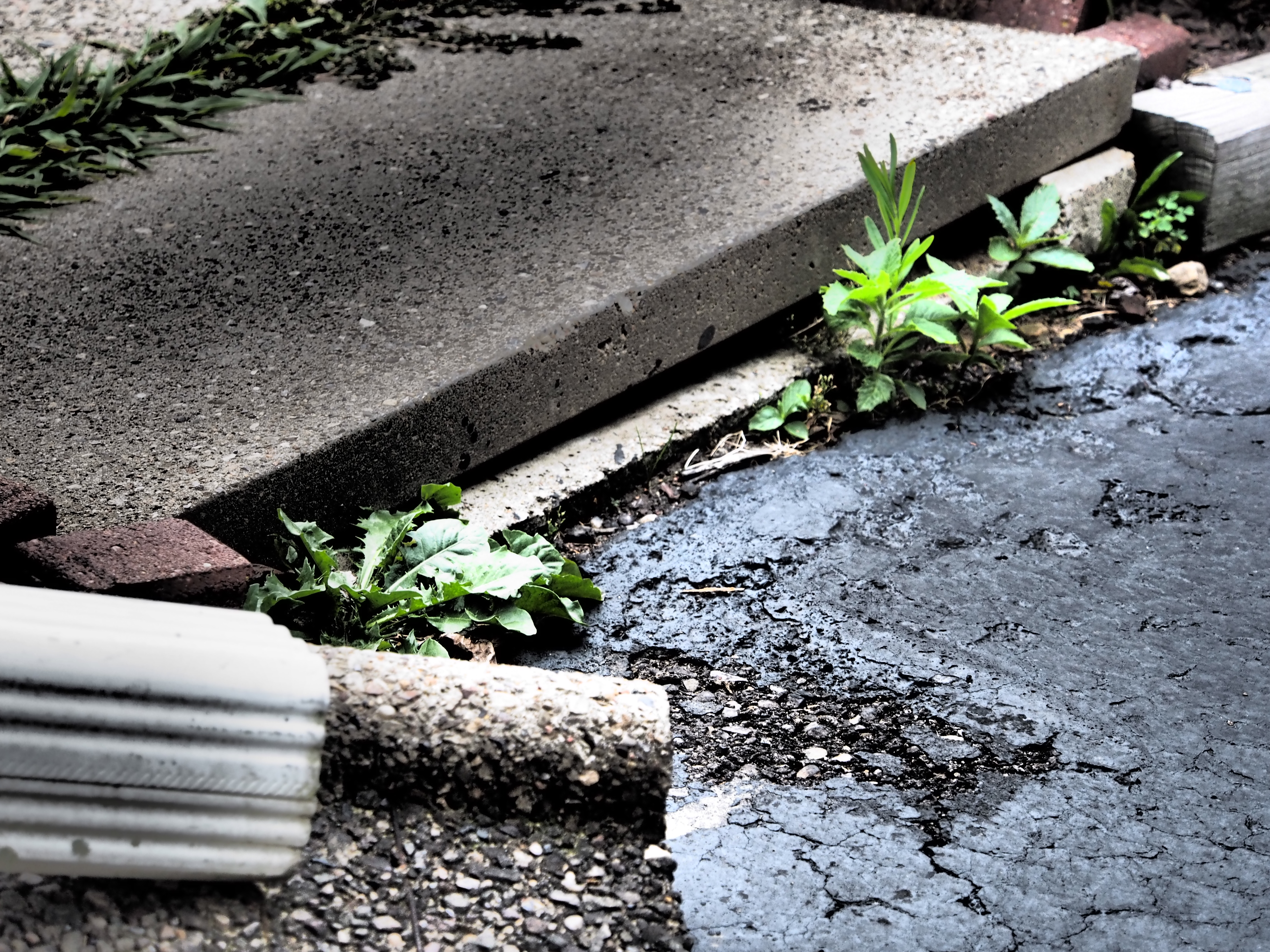Often we pour hours, days, and even weeks into capturing a great photograph. We spend tons of money on travel expenses, drag heavy gear through the airport, fold ourselves up like a pretzel to fit into our airplane seat, and all for the hopes we will create an amazing image… Something that will make others stop and say “wow, great shot!”. And why not? Chasing a great photograph and creating memories along the way is almost as fulfilling as catching that unicorn of a photo, that elusive “great” shot.
You spend all this money, invest all this time, and pull more weight than a pack mule just but how long do you spend polishing your gem… Err, I mean processing your image? You go home, upload your precious images and pour over them like Gollum over his precious ring but then spend less than 10 minutes adjusting each image. Reduce highlights, increase clarity, adjust the shadow slider, fine tune the white balance, and maybe add a little contrast if you’re feeling adventurous… That about sum it up?
Spending less than five minutes editing your images is indicative of an average looking portfolio. There should be a positive correlation between the time you take capturing an image and the time you take editing it. I’m not saying if it takes you 5 hours to wait for Sasquatch to come out of hiding so you can steal his soul with your camera then you should spend the exact amount of time processing said image, you should be just as interested in perfecting your image in post processing as you were in capturing said image.
If you haven’t spent a good deal of time learning how to use your post processing software of choice but have spent hours upon hours learning to take pretty pictures then you’re at a great disadvantage. Post processing abilities can be as important as the ability to properly use your camera, especially in this day and age where the competition is fierce and anyone with a digit can hit the shutter button.
The internet is a wonderful place… If you do a simple search for “post processing tips” you’ll have more tutorials than you can shake a stick at. Spend an hour or seven hundred watching some of them and perfect your skills. There is a pretty good chance you’ve got some photographs in your archives that a little post processing magic could go a long way with.
What’s your best post processing tip? Leave your thoughts in the comments below.






I think it is good to get a second opinion on your finished photo because when you look at it, you see the memories and emotions you had at the time of capture where an onlooker will only see what is included in the photo. If you happen to be having a bad day, you may not see the perfect lines, sharpness, or great contrast you captured just because you were grumpy or not seeing any breath taking sights. Also, it is good to walk away from your work and come back later for a whole new perspective. ( sometimes they are still just stinky but sometimes they make you say wow!)